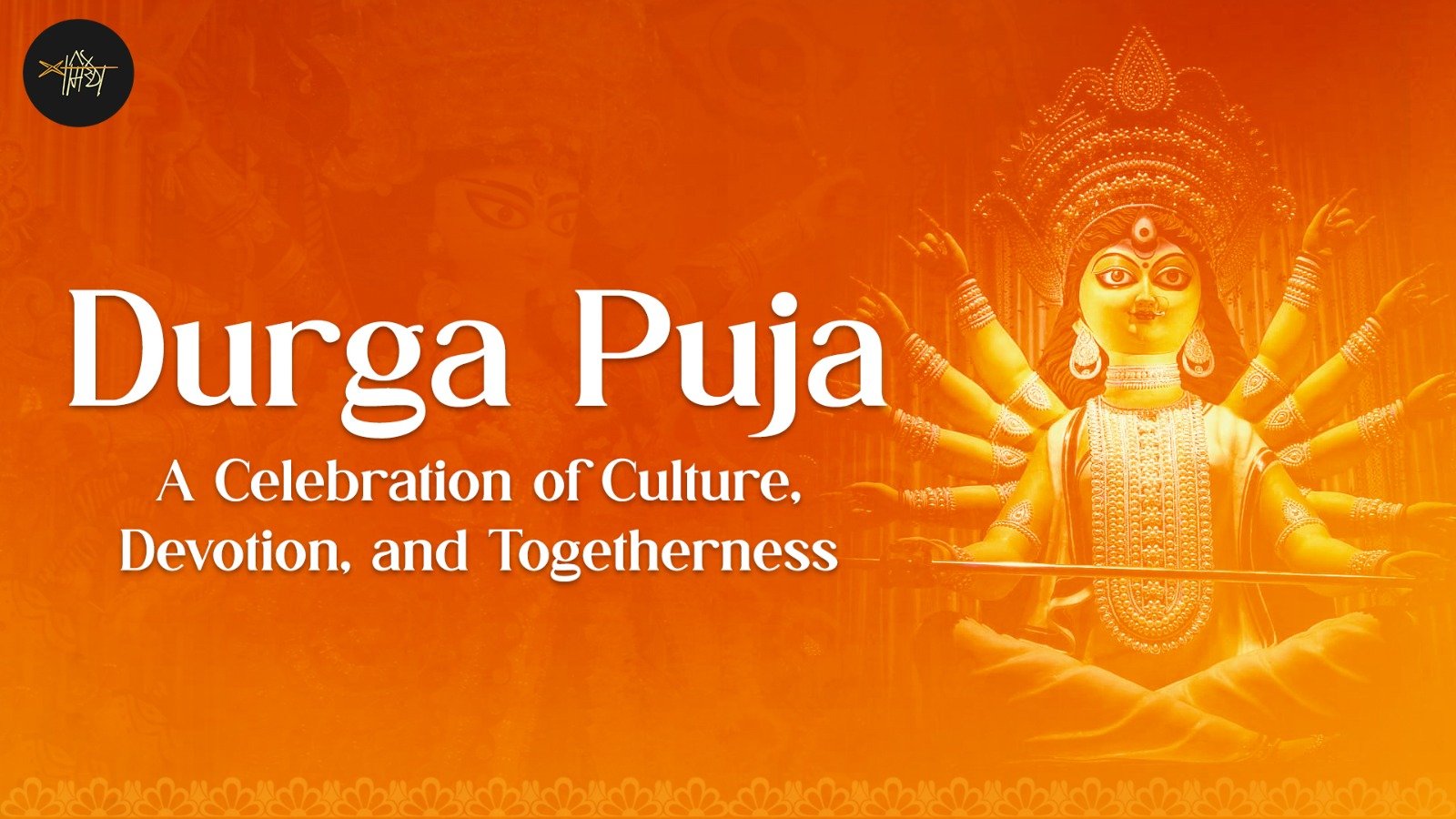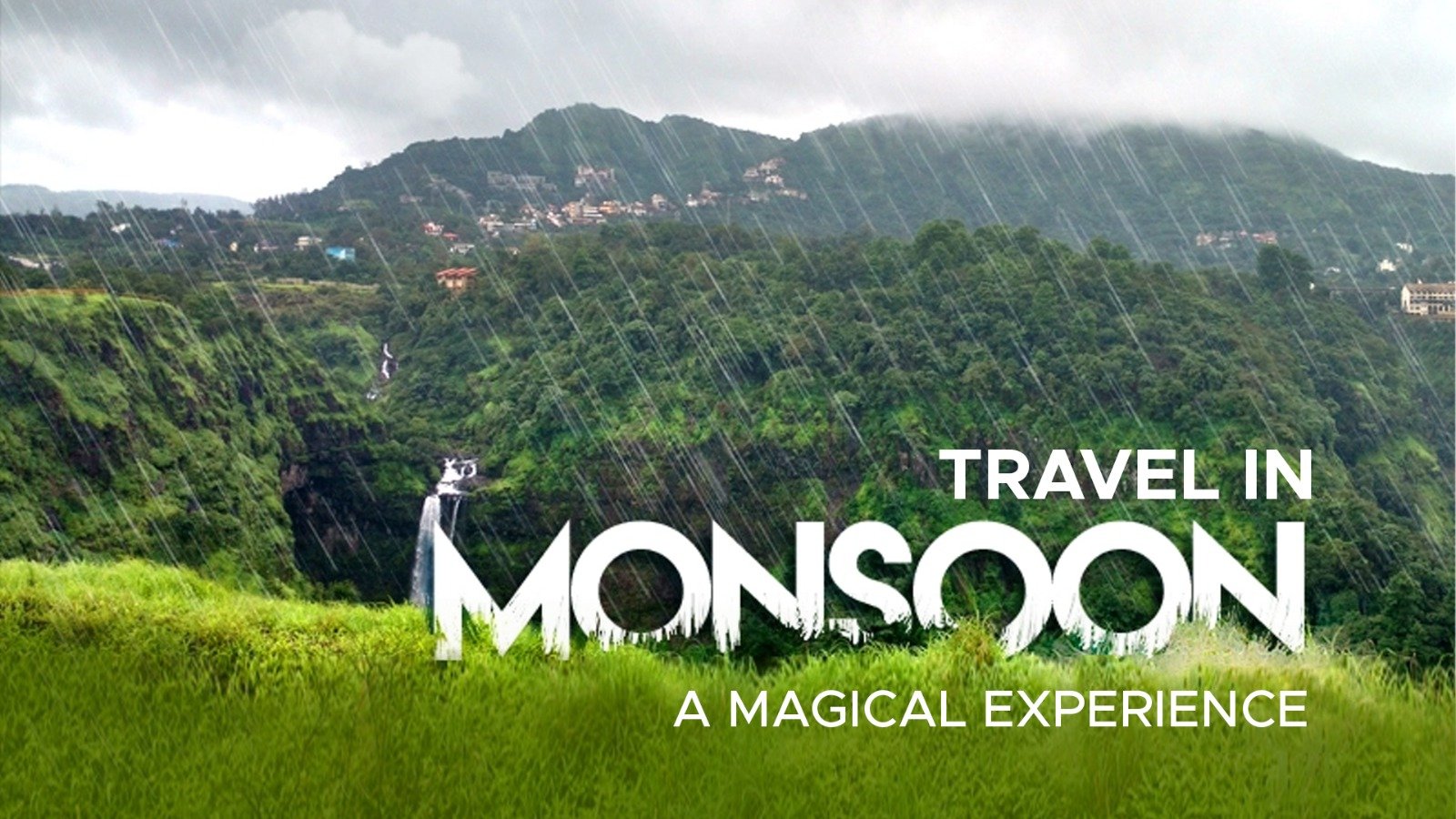In the heart of every culture lies a treasure trove of stories, emotions, and traditions, woven together through the melodious threads of folk songs. These timeless tunes are not just melodies; they are windows to the past, vessels of collective memory, and guardians of cultural heritage. Join us on a musical journey as we explore the enchanting world of folk songs and their enduring significance.
A Glimpse into History: Folk songs, passed down through generations orally, are an invaluable source of historical insight. These songs encapsulate the struggles, triumphs, joys, and sorrows of people from various walks of life. From epic ballads recounting heroic deeds to lullabies soothing restless infants, folk songs provide a glimpse into the life, values, and ethos of bygone eras.
Cultural Kaleidoscope: Every culture, region, and community has its own unique flavor of folk music. From the haunting melodies of Celtic ballads to the vibrant rhythms of African drumming, folk songs are a reflection of the diverse human experiences that span the globe. They serve as cultural ambassadors, carrying the essence of a place and its people far beyond geographical boundaries.
Preserving Oral Tradition: Folk songs are the guardians of oral tradition, binding generations through shared narratives. Passed down from elders to youngsters, these songs foster a sense of continuity and belonging. In an age of digital dominance, folk songs remind us of the power of human connection and the intimacy of passing down stories through word of mouth.
Echoes of Emotion: At the heart of every folk song lies a range of emotions that resonate across time and space. Whether it's the jubilation of a harvest celebration or the melancholy of a love lost, folk songs capture the raw, unfiltered sentiments of life. They possess the remarkable ability to evoke empathy and create an emotional bridge between the past and the present.
Folk Revival and Modern Blend: While folk songs have their roots in the past, they continue to evolve. The folk revival movement of the mid-20th century breathed new life into traditional tunes, blending them with modern influences. This fusion has given rise to contemporary folk music that bridges the gap between old and new, appealing to a wider audience while keeping cultural heritage alive.
The Call to Preserve: In the face of rapid globalization and changing cultural landscapes, the preservation of folk songs has become crucial. Cultural organizations, artists, and enthusiasts are taking steps to document, record, and share these invaluable pieces of history. By embracing technology and digitization, we can ensure that folk songs remain accessible to future generations.
In conclusion, folk songs are not just melodies; they are the threads that weave the fabric of our cultural identity. They transcend time, encapsulating the essence of human experiences in their purest form. As we listen to these melodies, let's remember that every folk song is a testament to the resilience, creativity, and enduring spirit of the people who crafted them. So, let's join hands in celebrating these musical treasures, ensuring that the echoes of folk songs continue to resonate through the corridors of time.






